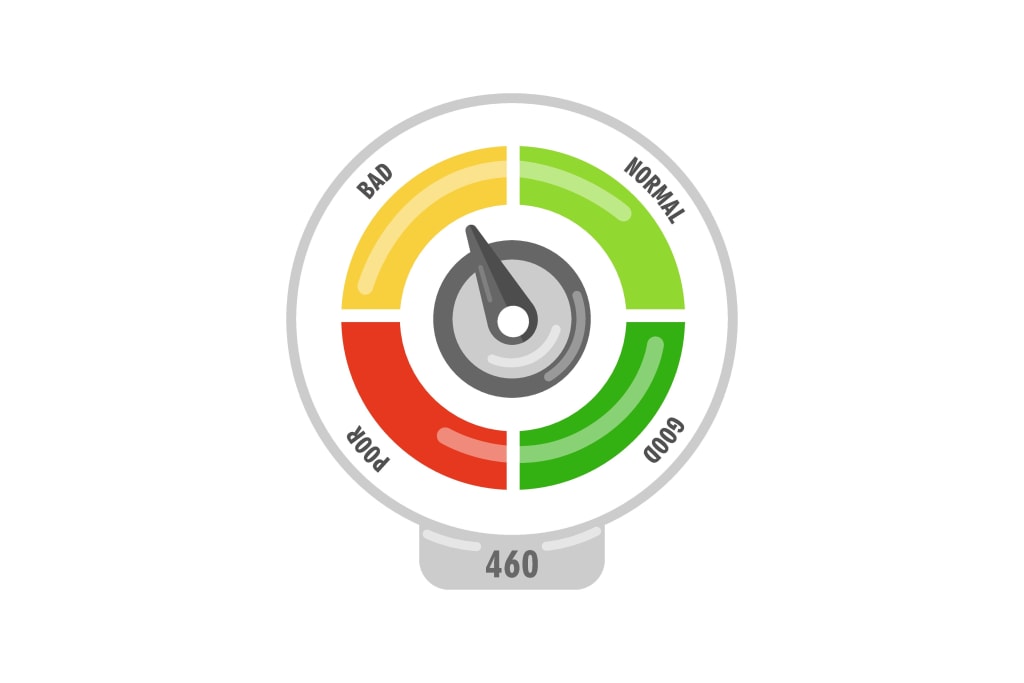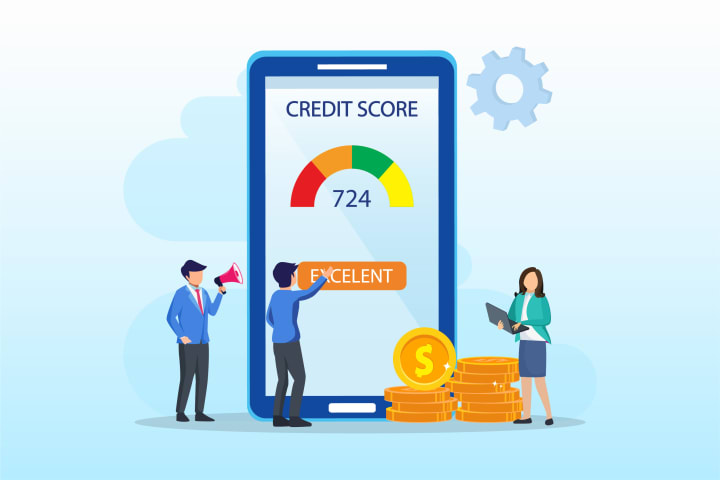ultimate credit cards mission
how to get most good from your credit cards


The Ultimate Credit Card Secrets Mission
Importance of credit cards and the impact they have on one's financial health
Credit cards are a crucial tool for building credit and managing personal finances effectively. They provide a convenient way to make purchases, earn rewards, and access emergency funds. However, credit cards can also have a significant impact on one's financial health if used improperly.
Here are some of the key reasons why credit cards are important and how they can affect one's financial health:
Building credit: Credit cards are one of the primary ways to build credit history. A good credit score is essential for getting approved for loans, mortgages, and even renting an apartment. A positive credit history shows lenders that you are responsible with credit and can be trusted to make payments on time.
Convenience: Credit cards are a convenient way to make purchases, especially for online shopping and travel. They also provide a level of protection against fraud and unauthorized charges.
Rewards and bonuses: Many credit cards offer rewards programs, cashback, or points that can be redeemed for travel, merchandise, or other benefits. These rewards can help you save money on purchases and increase the value of your spending.
However, credit cards can also have negative consequences if not used responsibly. Here are some of the ways that credit cards can negatively impact one's financial health:
High-interest rates: Credit cards can have high-interest rates, especially for those with low credit scores. Carrying a balance on a high-interest credit card can lead to significant debt and interest payments.
Overspending: Credit cards can make it easy to overspend and accumulate debt. It's essential to create a budget and stick to it to avoid overspending and accumulating debt.
Late payments: Missing credit card payments can negatively impact your credit score and result in late fees and increased interest rates. It's important to make payments on time and in full each month.
In summary, credit cards are an essential financial tool that can help build credit, provide convenience, and offer rewards. However, it's important to use credit cards responsibly to avoid accumulating debt, overspending, and damaging your credit score.

purpose of the course and its main objectives
The purpose of the credit card secrets course is to educate individuals about the various aspects of credit cards and how to use them responsibly to maximize their benefits and avoid common pitfalls. The course aims to provide a comprehensive understanding of credit cards, including credit scores, choosing the right credit card, maximizing rewards, managing debt, and protecting personal information.
The main objectives of the course include:
Understanding credit scores: The course aims to help students understand credit scores and how they impact creditworthiness. Students will learn how to maintain a good credit score and improve a bad one.
Choosing the right credit card: The course aims to help students choose the right credit card that fits their spending habits and financial goals. Students will learn how to compare credit cards and avoid common mistakes.
Maximizing credit card rewards: The course aims to help students maximize credit card rewards and redeem them effectively. Students will learn how to take advantage of special promotions and sign-up bonuses.
Managing credit card debt: The course aims to help students avoid credit card debt and manage payments effectively. Students will learn how to create a budget, negotiate interest rates, and deal with debt collection agencies.
Protecting personal information: The course aims to help students protect their credit card and personal information. Students will learn how to monitor credit card activity, dispute unauthorized charges, and avoid identity theft.
By the end of the course, students will have a comprehensive understanding of credit cards and how to use them responsibly to improve their financial health. They will have the tools and knowledge necessary to choose the right credit card, maximize rewards, manage debt effectively, and protect their personal information.
Understanding Credit Scores
Credit scores are numerical ratings that reflect an individual's creditworthiness. They are based on a person's credit history and provide lenders with an indication of how likely they are to repay debts. Credit scores are calculated by credit reporting agencies such as Equifax, Experian, and TransUnion using a variety of factors, including payment history, credit utilization, length of credit history, and types of credit used.
Understanding credit scores is important because they can impact an individual's ability to get approved for loans, credit cards, and even apartments or jobs. Here are some key concepts to keep in mind when learning about credit scores:
Credit score ranges: Credit scores typically range from 300 to 850, with higher scores indicating better creditworthiness. A score of 700 or above is generally considered good, while scores below 600 are considered poor.
Factors that affect credit scores: There are several factors that can impact credit scores, including payment history, credit utilization, length of credit history, types of credit used, and recent credit inquiries.
Importance of payment history: Payment history is the most critical factor in determining credit scores. Late or missed payments can significantly impact credit scores and stay on credit reports for up to seven years.
Credit utilization: Credit utilization is the amount of credit being used compared to the total amount available. High credit utilization can negatively impact credit scores, so it's important to keep balances low and pay bills on time.
Length of credit history: The length of credit history is the amount of time an individual has been using credit. Having a long credit history with on-time payments can positively impact credit scores.
Types of credit used: Having a diverse mix of credit, such as credit cards, auto loans, and mortgages, can positively impact credit scores.
In summary, credit scores are important because they impact an individual's ability to get approved for credit, loans, and even apartments or jobs. Understanding the factors that affect credit scores and how to maintain a good credit score can help individuals improve their creditworthiness and achieve their financial goals.
Maximizing Credit Card Rewards
Maximizing credit card rewards is an important aspect of responsible credit card use. Credit card rewards can provide significant benefits, such as cashback, travel points, and other perks. Here are some key strategies for maximizing credit card rewards:
Choose the right credit card: The first step in maximizing credit card rewards is to choose a credit card that aligns with your spending habits and financial goals. Look for credit cards with rewards programs that offer the most value for your spending, such as cashback or travel rewards.
Understand the rewards program: Once you have chosen a credit card, it's important to understand the rewards program and how to earn and redeem rewards. Some credit cards offer flat-rate rewards, while others offer bonus rewards for certain categories such as dining, gas, or travel.
Take advantage of sign-up bonuses: Many credit cards offer sign-up bonuses for new cardholders who meet a minimum spending requirement within a specified time period. Take advantage of these bonuses to earn extra rewards.
Maximize bonus categories: If your credit card offers bonus rewards for certain categories, such as dining or gas, make sure to use your card for those purchases. This can significantly increase your rewards earnings.
Pay off your balance in full: To avoid interest charges and fees, it's important to pay off your credit card balance in full each month. This allows you to maximize your rewards earnings without incurring additional costs.
Keep track of rewards: It's important to keep track of your rewards earnings and redemption options to ensure that you are getting the most value from your rewards program.
In summary, maximizing credit card rewards requires choosing the right credit card, understanding the rewards program, taking advantage of sign-up bonuses, maximizing bonus categories, paying off your balance in full, and keeping track of rewards earnings. By following these strategies, you can make the most of your credit card rewards and achieve your financial goals.
Managing Credit Card Debt
Managing credit card debt is an important part of maintaining good financial health. High credit card balances can lead to high interest charges and fees, which can make it difficult to pay off debts and achieve financial goals. Here are some key strategies for managing credit card debt:
Create a budget: The first step in managing credit card debt is to create a budget that outlines your income and expenses. This can help you identify areas where you can cut back on expenses and free up money to pay down debt.
Prioritize debt repayment: Make a plan to pay off credit card debt as quickly as possible by prioritizing the highest-interest balances first. This can help you save money on interest charges and reduce your overall debt load.
Consider a balance transfer: A balance transfer can allow you to transfer high-interest credit card balances to a card with a lower interest rate. This can help you save money on interest charges and pay off debt more quickly.
Avoid new credit card debt: Avoid adding to your credit card balances by only using your credit cards for necessary expenses and paying off the balance in full each month.
Negotiate with creditors: If you are struggling to make payments, consider negotiating with your creditors to reduce interest rates or establish a payment plan. Many creditors are willing to work with borrowers who are experiencing financial hardship.
Seek professional help if needed: If you are unable to manage your credit card debt on your own, consider seeking professional help from a credit counselor or debt management program.
In summary, managing credit card debt requires creating a budget, prioritizing debt repayment, considering a balance transfer, avoiding new credit card debt, negotiating with creditors, and seeking professional help if needed. By following these strategies, you can take control of your credit card debt and achieve your financial goals.
Protecting Your Credit Card
Protecting your credit card is crucial to prevent fraudulent activities, unauthorized charges, and identity theft. Here are some key strategies to protect your credit card:
Keep your credit card safe: Keep your credit card in a secure location, and do not share your credit card number or other sensitive information with anyone. Be careful when using your card in public, and make sure to keep an eye on it at all times.
Monitor your account: Regularly review your credit card account activity to ensure that there are no unauthorized charges or suspicious activities. If you notice any unusual transactions, contact your credit card issuer immediately.
Use secure websites and apps: When making online purchases or using mobile apps, make sure to use secure websites and apps that are trusted and verified. Look for the "https" in the URL and a lock icon in the address bar.
Protect your PIN: Memorize your PIN and do not write it down or share it with anyone. When entering your PIN, make sure to shield the keypad from view.
Beware of scams: Be wary of emails, phone calls, or text messages that ask for your credit card information or personal details. These may be phishing scams aimed at stealing your identity or credit card information.
Report lost or stolen cards immediately: If your credit card is lost or stolen, report it to your credit card issuer immediately. They can cancel the card and issue a new one to prevent unauthorized charges.
In summary, protecting your credit card requires keeping it safe, monitoring your account, using secure websites and apps, protecting your PIN, beware of scams, and reporting lost or stolen cards immediately. By following these strategies, you can prevent fraudulent activities, unauthorized charges, and identity theft and ensure that your credit card is safe and secure.
About the Creator
Enjoyed the story? Support the Creator.
Subscribe for free to receive all their stories in your feed. You could also pledge your support or give them a one-off tip, letting them know you appreciate their work.





Comments
There are no comments for this story
Be the first to respond and start the conversation.